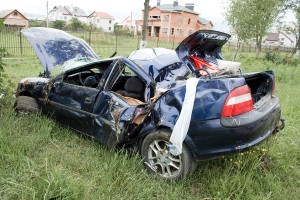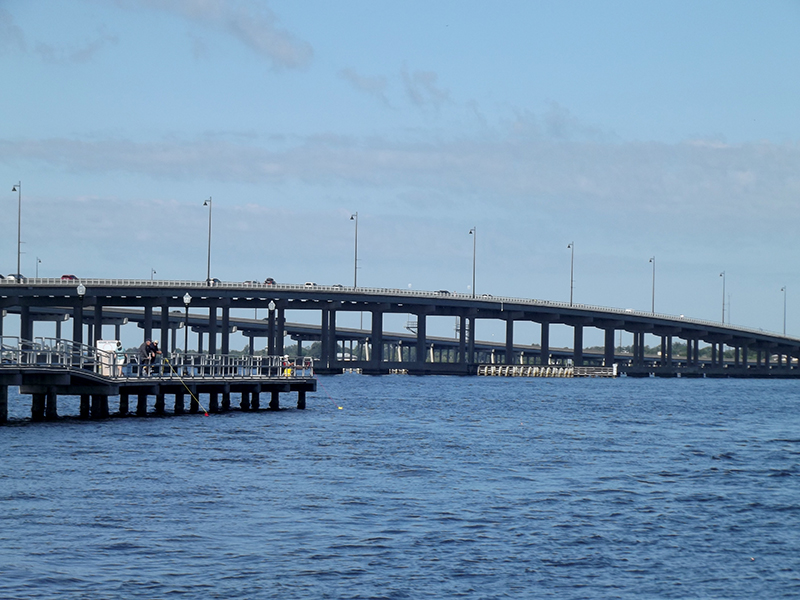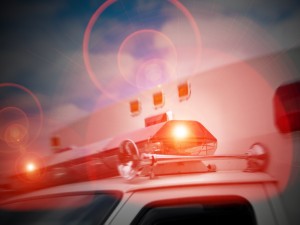 An accident can leave you with injuries, disabilities and mounting financial debts all related to medical care or missing work. The person or parties who were liable for the accident are responsible for paying those bills and compensating you for the injuries. You need to understand how an attorney will help you to get fair compensation for your accident injuries.
An accident can leave you with injuries, disabilities and mounting financial debts all related to medical care or missing work. The person or parties who were liable for the accident are responsible for paying those bills and compensating you for the injuries. You need to understand how an attorney will help you to get fair compensation for your accident injuries.
Prove the Nature and Extent of Your Injuries
Something that has to be done after an accident is proving your injuries. This is true even if your injuries are visibly obvious. Insurance companies and opposing attorneys will question every small aspect of your injuries attempting to show that they are not as serious as doctors think or that they did not occur due to the accident. An attorney knows what official medical reports, statements and other documents are needed to show the true extent of your injuries and the effects they are having on your life. This is key for getting any compensation.
Comprehensively Calculate Your Damages
Someone without knowledge of the law might not be able to calculate all of the damages that are due after an accident. You might not realize that some of the costs you are paying can actually be recouped from the liable parties or the insurance company. An attorney does know exactly how to comprehensively calculate your damages. You might be owed far more than just your immediate medical bills. You could be entitled to collect lost wages or other immediate expenses resulting from the injuries.
Request Future Damages
Something that can be part of fair compensation under the law is any future damages related to your injuries after a serious accident. It can be very difficult to prove these in a legal context unless you are a lawyer. An attorney can look at your situation and gather evidence showing that you need to be compensated for losses that will occur in the future. This could mean money for lost earning potential because of a disability or compensation for necessary treatments that will last for months or years to come. This type of compensation is important for your long-term recovery.
Compensation for Intangible Damages
You will experience many different things after being injured in an accident. Some of them are not clearly physical or financial. You might have intangible damages that result from the incident. Proving these is difficult and you must meet strict legal standards in order to be awarded compensation for them. You are going to need a lawyer to collect compensation for intangible damages. These are things like pain and suffering from the injury. Your injuries might be so extensive that you cannot make previous important personal engagements leading to loss of enjoyment of your life. An attorney can help you to determine whether you should be compensated for any intangible damages.
Try To Negotiate a Fair Settlement
The first steps after an accident usually involve trying to reach a settlement with the insurance company, the liable parties or attorneys representing them. You want a lawyer on your side negotiating with your best interests in mind. Your lawyer will know how to negotiate and how to handle questionable tactics from uncooperative insurance companies. An attorney can avoid many of the traps and pitfalls that sometimes lead accident victims to sign very bad settlements that barely cover the costs of medical care. Your lawyer will negotiate aggressively on your behalf in order to get the compensation that you need.
Go To Trial for Compensation
A settlement does not always come through. Insurers or liable parties sometimes feel that a claim is not valid, the compensation amount is too high or the injuries are being interpreted wrong. This means you will have to go to trial for fair compensation. You are going to want an attorney at this point since trials are long, complex and confusing to people without legal training. Your lawyer is going to fight hard in court in order to secure fair compensation for your injuries. An attorney is always your best chance of winning compensation after an accident if your case must be litigated in court.
If you have been injured in a serious car accident and need help getting the money you deserve contact Attorney Brian O. Sutter of All Injuries Law Firm.
All Injuries Law Firm
2340 Tamiami Trail
Port Charlotte, FL 33952

